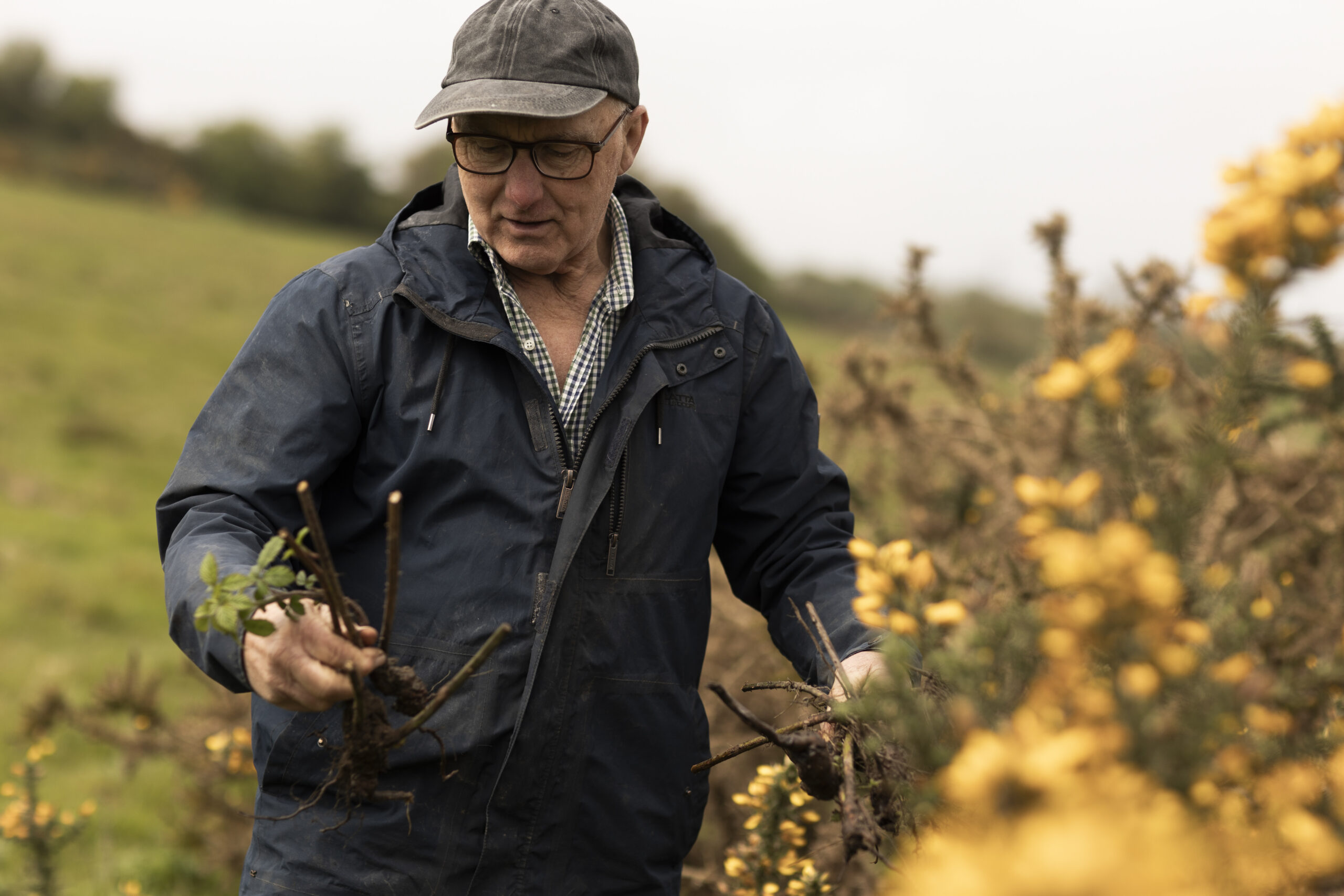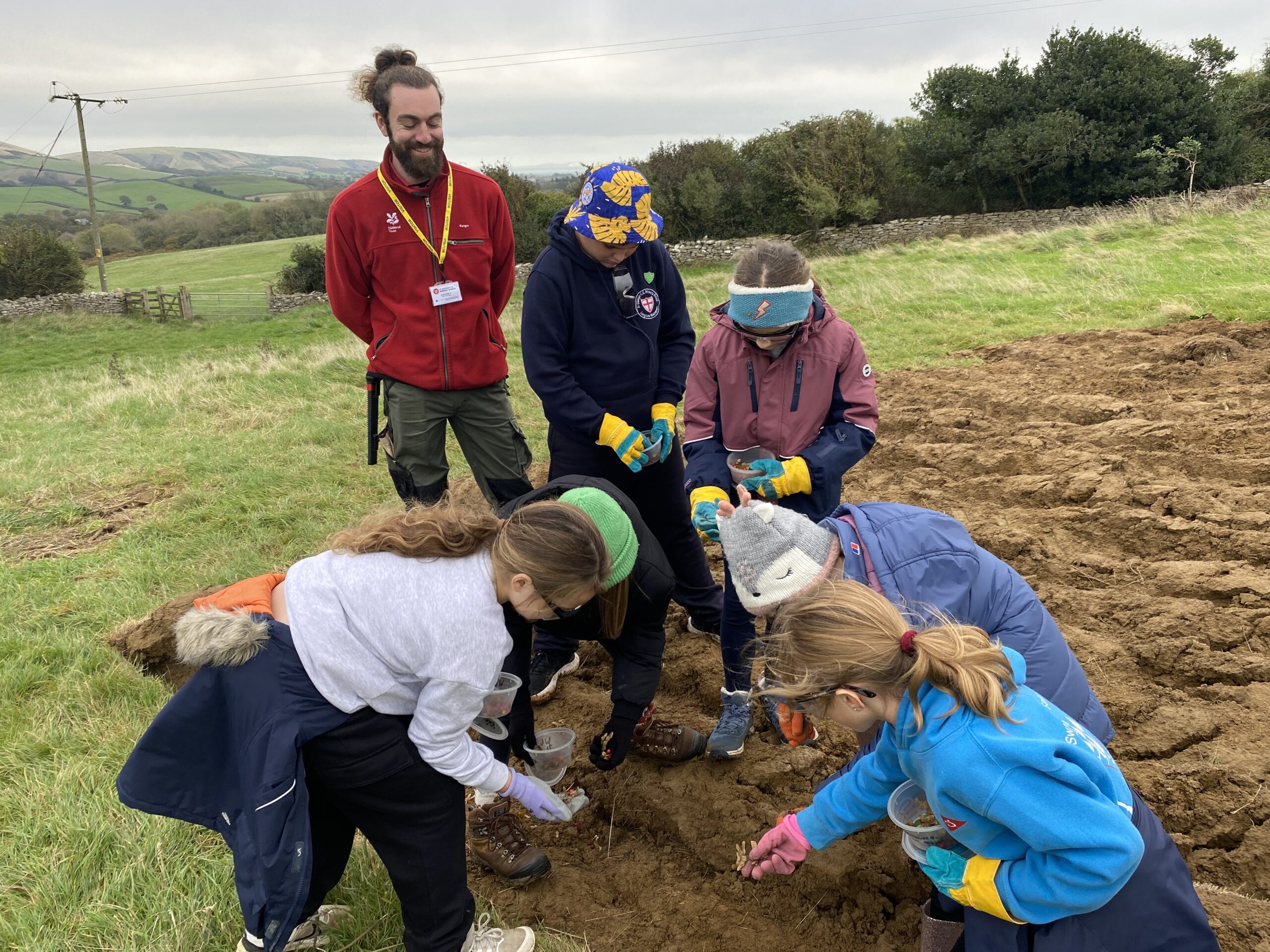A PROJECT to restore prime habitats for songbirds across Purbeck is underway.
The National Trust is restoring 940 acres of wood pasture across the region in a bid to stop songbirds from disappearing altogether.
This involves planting around 60,000 trees and shrubs over the next six years.
To maximise on blossom and fruit, the trees planted will be native species such as crab apple, hazel, holly, hawthorn, elder and wild pear.
READ MORE: Project helps Purbeck youngsters explore nature
READ MORE: Hedgerow harvest to help nature thrive in Purbeck
Wood pastures provide important nesting, roosting and foraging sites for a wide variety of wildlife, including birds such as the yellowhammer, linnet and goldfinch, as well as the extremely rare turtle dove and nightingale.
Bringing nature back
Ben Cooke, area ranger for the National Trust, said the sounds of songbirds have quieted over the last 70 years, with some birds disappearing altogether.
“By restoring wood pasture, we want to reverse this trend and bring back a cacophony of birdsong and the hum of insects, not just in a few places, but across Purbeck,” he said.
“Imagine how fantastic it would be if the calls of lost species such as the turtle dove became part of our lives again.”
Wood pasture, typified by the New Forest landscapes, benefits wildlife because of the mix of habitats. The open ground and grassland encourage an abundance of wildflowers and insects.
Scrub islands provide shelter and food for birds, insects and small mammals, while trees are especially attractive to bats, birds and lichens.

Nature friendly farming at Wilkswood Farm Picture: National Trust
Ben added: “Together these will create a landscape that’s teeming with the sights, sounds and scents of nature. It will be a place where people can immerse themselves in the natural world, and hopefully inspire them to create similar habitats in their own gardens, schools or parks.”
Currently, four tenant farmers in Purbeck are taking part in the wood pasture project, and others are expected to join.
The four Purbeck farms currently taking part in the wood pasture project are Middlebere, Wilkswood, Spyway and Whitecliff.
With the help of schools and other community groups, seeds and berries are being harvested from hedgerows and woods.
These are being planted in small plots of land that have been rotavated to create bare ground where the seedlings can grow.
“Hopefully the results will be dramatic”
Ben said: “This looks drastic at first, but the new vegetation will soon take hold, whether it’s been planted or regenerated naturally.
“We are also experimenting with ways to protect saplings from grazing animals, especially deer, which not only eat the new growth but can jump high fences to get to it.”
In some areas, this involves using protective layers of thorny gorse, bramble and hawthorn, or piles of dead branches. In others, deer-proof enclosures have been erected.

Pupils at St George’s School taking part in seed planting Picture: National Trust
Ben said: “We’ll be checking to establish which methods work to protect the saplings, as well as monitoring wildlife species each year to see if numbers are increasing.
“Hopefully the results will be dramatic – and we’ll hear nature singing out loud again!”
Those interested in helping with wildlife monitoring, seed gathering or planting events across Purbeck are asked to email purbeck@nationaltrust.org.uk.











Leave a Reply